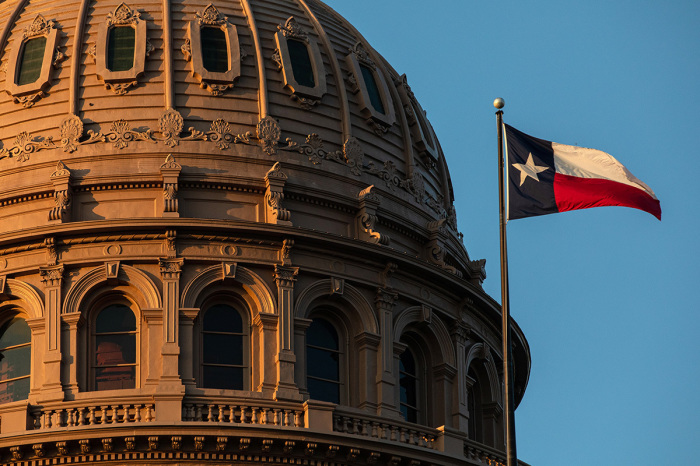
A bill passed by the Texas Senate would allow any Texan to sue a manufacturer or distributor shipping abortion pills to or from the state.
Under House Bill 7, a new enforcement mechanism would allow citizens to file civil lawsuits against any company or organization that transports chemical abortion pills into Texas or distributes such drugs within the state. In a chemical abortion, women are given two drugs to terminate their unborn child: mifepristone (RU-486) and misoprostol.
Initially introduced by state Sen. Bryan Hughes, R-Mineola, the bill, which the upper chamber passed in a 17-8 vote on Sept. 3, would ensure a pregnant woman or one of her family members who won a lawsuit would receive a payout of at least $100,000.
If any person other than a pregnant woman or a member of her family successfully sues, they would be required to donate the bulk of the payout to a charity.
HB7 is a revised version of Senate Bill 2880, which was also introduced by Hughes earlier this year. The version of HB7 passed by the Senate removed or modified several provisions in the previous bill.
After passing in both chambers, the bill now heads to the desk of Republican Gov. Greg Abbott, who is expected to sign the legislation.
Following the 2022 U.S. Supreme Court ruling that overturned Roe v. Wade‘s declaration that abortion is a national right, abortion in Texas is illegal. Texas passed a bill in 2021 that effectively banned most abortions after the sixth week of pregnancy, after a fetal heartbeat can be detected.
HB 7 would not apply to legal uses of the abortion pills, which can be indicated in some medically necessary abortions and have other, non-abortive applications.
While it’s not clear how Texas plans to enforce HB 7 if signed into law, Attorney General Ken Paxton has faced legal hurdles in his efforts to enforce the law prohibiting out-of-state providers from mailing abortion pills to Texans.
Last December, Paxton sued a New York doctor for allegedly mailing pills from New York to a 20-year-old woman in Collin County. After taking the medication while nine weeks pregnant, the woman began to suffer severe bleeding and had to be hospitalized, according to the suit.
Upon introducing the bill in August, Hughes told lawmakers that data from insurance claims show that these pills can have more complications than surgical abortions. He also claimed he did not author HB 7 to create any criminal or civil penalties for women who buy or use these pills.
“The moms are victims here,” Hughes said at the time. “What we will go after with SB 6 is the manufacturers and the distributors of these drugs that are making them for the purpose of illegal abortions.”
A similar bill, SB 1278 by state Sen. Tan Parker, R-Flower Mound, was vetoed by Abbott in June over concerns such a bill might allow trafficking victims — or those claiming to be — to use this defense for any offense, even crimes like murder or kidnapping, committed under the duress of their traffickers.
Despite the passage of HB 7 and a near-total ban, the number of abortions performed in Texas by the end of 2024 outpaced monthly totals before the Supreme Court’s 2022 Dobbs decision, according to a report from the pro-abortion Society for Family Planning.

















